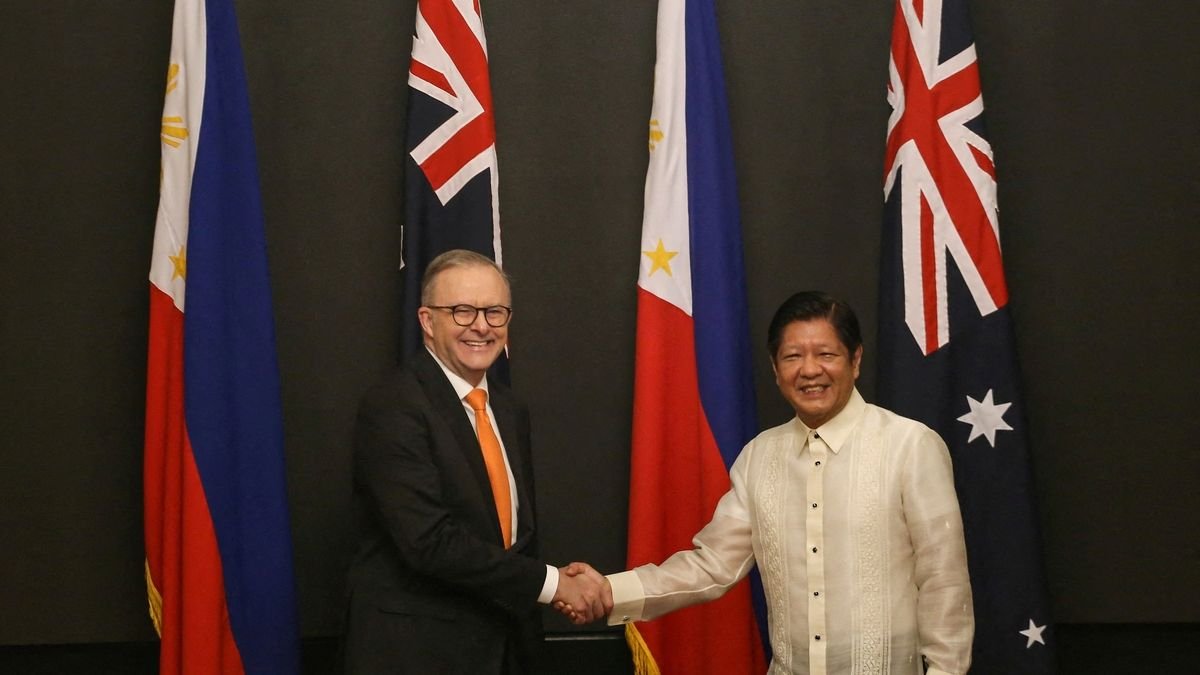Philippine President Ferdinand Marcos Jr. addressed Australia’s Parliament, emphasizing the criticality of the strategic partnership between the two nations in the face of regional challenges, particularly concerning China’s actions in the South China Sea.
During a special joint sitting, Marcos reiterated the Philippines’ staunch stance against any encroachment on its sovereign territory, particularly in light of China’s disputed claims in the South China Sea. He emphasized the need for collective action between Australia and the Philippines to safeguard regional peace and stability, drawing parallels to their cooperation during World War II against Japanese forces.
Highlighting the historical ties between the two countries, Marcos recalled a pivotal moment in 1974 when his father and then-Australian Prime Minister reaffirmed the mutual security interests of their nations while touring WWII battlefields.
Marcos underscored the importance of upholding a rules-based international order, especially in the South China Sea, labeling it a vital global artery crucial for regional and global peace. Prime Minister Anthony Albanese echoed these sentiments, emphasizing the significance of maritime cooperation activities between their navies as a demonstration of their commitment to peace and prosperity.
However, Marcos’ address faced a brief interruption from Senator Janet Rice, who protested against the Philippines’ human rights record. Despite the disruption, Marcos and Albanese announced new agreements on maritime cooperation, cybersecurity, and fair trade regulation, signaling the ongoing commitment to strengthening bilateral ties.
The state visit, which concludes soon, marks a prelude to Marcos’ return to Australia next week for the ASEAN-Australia Summit, commemorating 50 years of partnership between Australia and the Southeast Asian bloc. As regional dynamics evolve, the collaboration between Australia and the Philippines remains pivotal in navigating challenges and fostering stability in the Asia-Pacific region.



